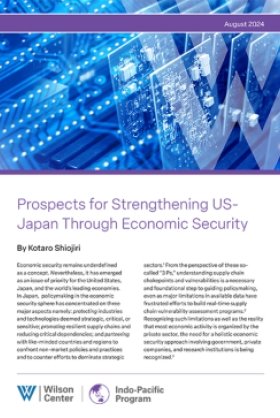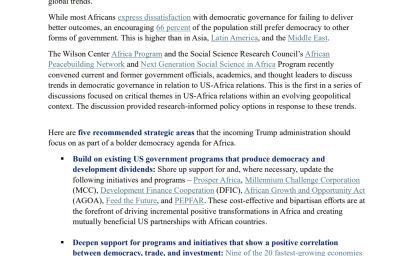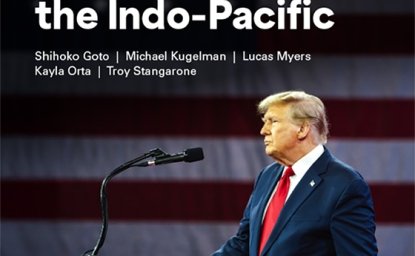Prospects for Strengthening US-Japan Through Economic Security



"Economic security remains underdefined as a concept. Nevertheless, it has emerged as an issue of priority for the United States, Japan, and the world’s leading economies. In Japan, policymaking in the economic security sphere has concentrated on three major aspects namely: protecting industries and technologies deemed strategic, critical, or sensitive; promoting resilient supply chains and reducing critical dependencies; and partnering with like-minded countries and regions to confront non-market policies and practices and to counter efforts to dominate strategic sectors. From the perspective of these so-called “3 Ps,” understanding supply chain chokepoints and vulnerabilities is a necessary and foundational step to guiding policymaking, even as major limitations in available data have frustrated efforts to build real-time supply chain vulnerability assessment programs. Recognizing such limitations as well as the reality that most economic activity is organized by the private sector, the need for a holistic economic security approach involving government, private companies, and research institutions is being recognized."
Read more in the latest piece by Japan Foundation Visiting Fellow Kotaro Shiojiri.



The Indo-Pacific Program promotes policy debate and intellectual discussions on US interests in the Asia-Pacific as well as political, economic, security, and social issues relating to the world’s most populous and economically dynamic region. Read more




